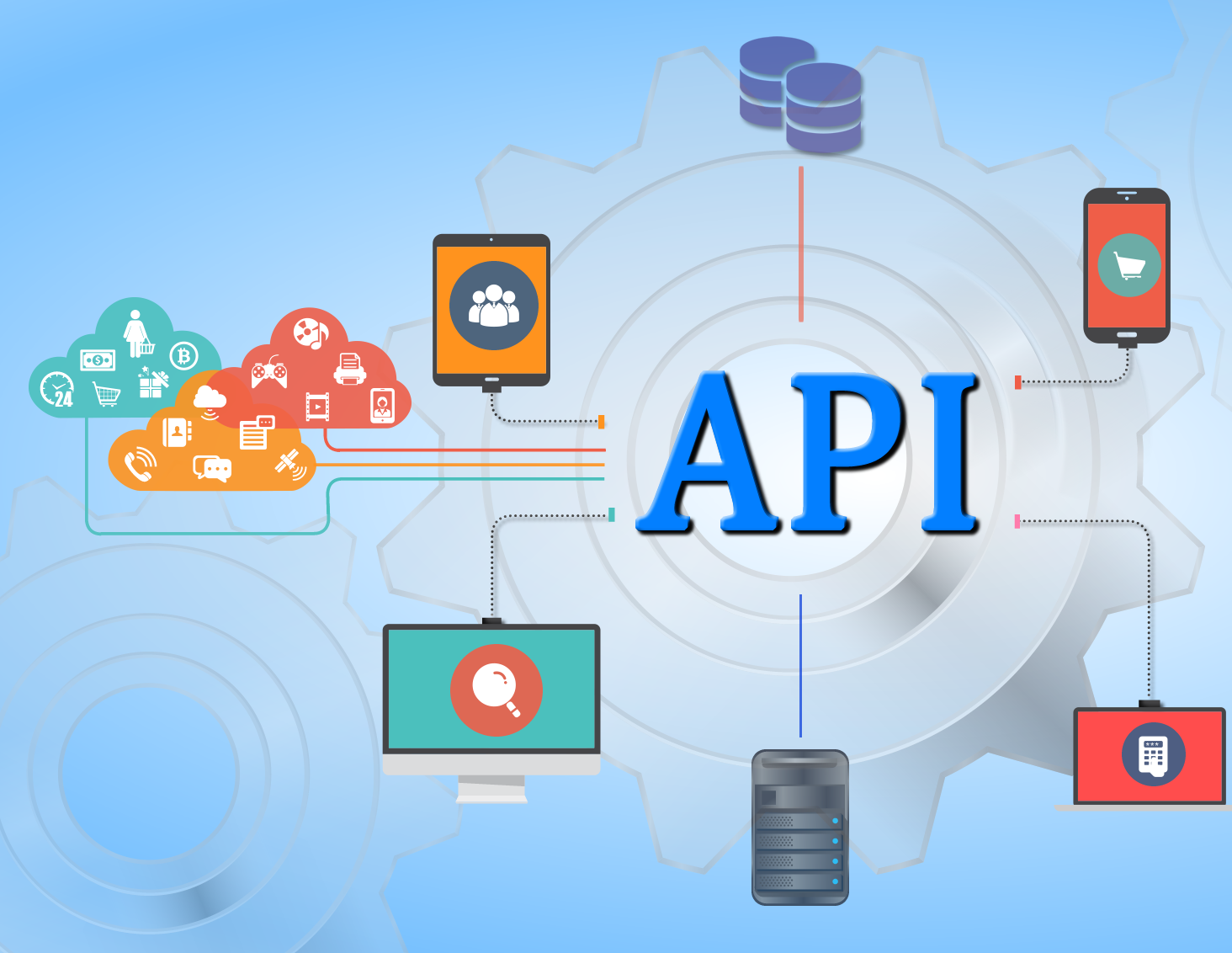In today's digital landscape, having a strong online presence is crucial for businesses and individuals alike. One of the key measures of this presence is website rankings. Search engine optimization (SEO) plays an essential role in determining how well a website ranks in search engine results pages (SERPs). However, tracking and analyzing these rankings can be a daunting task, especially for those managing multiple websites or dealing with large volumes of data. This is where an API for website rankings comes into play, providing a streamlined solution for monitoring and enhancing your online visibility.
APIs, or Application Programming Interfaces, allow different software systems to communicate with each other. By utilizing an API for website rankings, users can automate the process of tracking their website's performance, gather insightful data, and make informed decisions to improve their SEO strategies. This technology not only saves time but also enhances accuracy in data collection and analysis, making it an invaluable tool for digital marketers and website owners.
As the competition for online visibility intensifies, understanding and utilizing an API for website rankings becomes increasingly important. With the right API in place, users can gain insights into keyword performance, competitor analysis, and overall website health. But how do these APIs work, and what benefits do they offer? In the following sections, we will delve deeper into the world of website ranking APIs and explore their significance in the realm of digital marketing.
What is an API for Website Rankings?
An API for website rankings is a specialized tool that allows users to access and analyze data related to their website's performance in search engine results. These APIs provide a wealth of information, including keyword rankings, backlinks, domain authority, and more. By integrating these APIs into their systems, users can automate data retrieval and streamline their SEO efforts.
How Does an API for Website Rankings Work?
The functioning of an API for website rankings is relatively straightforward. Users send requests to the API, specifying the information they wish to retrieve. The API then processes this request and returns the relevant data. This can include information about specific keywords, their current rankings, and historical performance data. Most APIs provide data in a structured format, making it easy for users to analyze and integrate it into their existing systems.
What Are the Benefits of Using an API for Website Rankings?
Utilizing an API for website rankings comes with several advantages:
- Time Efficiency: Automating data retrieval saves time and allows users to focus on strategy rather than manual data collection.
- Accurate Insights: APIs provide real-time data, ensuring users have the most current information for decision-making.
- Comprehensive Analysis: Users can access a wide range of metrics, enabling a holistic view of their website's performance.
- Competitor Analysis: Many APIs offer insights into competitors' rankings, helping users identify areas for improvement.
Which APIs are Best for Tracking Website Rankings?
There are numerous APIs available for tracking website rankings, each with its unique features and capabilities. Some of the most popular options include:
- SEMrush API: Provides comprehensive data on keyword rankings, domain analytics, and competitor insights.
- Ahrefs API: Known for its extensive backlink data and keyword tracking capabilities.
- Moz API: Offers various metrics, including domain authority and page authority, alongside keyword tracking.
- Google Search Console API: Allows users to access their website's performance data directly from Google.
How Can an API for Website Rankings Improve Your SEO Strategy?
Implementing an API for website rankings can significantly enhance your SEO strategy in various ways:
- Data-Driven Decisions: With access to real-time data, users can make informed decisions based on actual performance rather than assumptions.
- Identify Opportunities: By analyzing keyword performance, users can identify new opportunities for content creation and optimization.
- Monitor Competitors: Understanding how competitors rank for specific keywords can help users adjust their strategies accordingly.
What Challenges Might You Face with an API for Website Rankings?
While there are numerous benefits to using an API for website rankings, there can also be challenges:
- Data Overload: With access to vast amounts of data, users may struggle to identify which metrics are most relevant to their goals.
- Integration Issues: Integrating an API into existing systems can be complex and may require technical expertise.
- Cost: Some APIs come with subscription fees, which may be a consideration for smaller businesses.
How Do You Choose the Right API for Your Needs?
Choosing the right API for website rankings depends on several factors:
- Budget: Determine how much you are willing to spend on an API service.
- Features: Identify which features are most important for your specific use case.
- User-friendliness: Consider how easy the API is to use and integrate into your existing systems.
- Support and Resources: Check if the API provider offers adequate support and documentation.
Conclusion: Is an API for Website Rankings Worth It?
In conclusion, an API for website rankings is a powerful tool that can significantly enhance your SEO efforts. By providing access to real-time data and automating the tracking process, these APIs help users make informed decisions and improve their website's performance. Despite some challenges, the benefits of implementing an API for website rankings far outweigh the drawbacks. With the right API in place, you can take your digital marketing strategy to new heights, ensuring your website stands out in the competitive online landscape.



